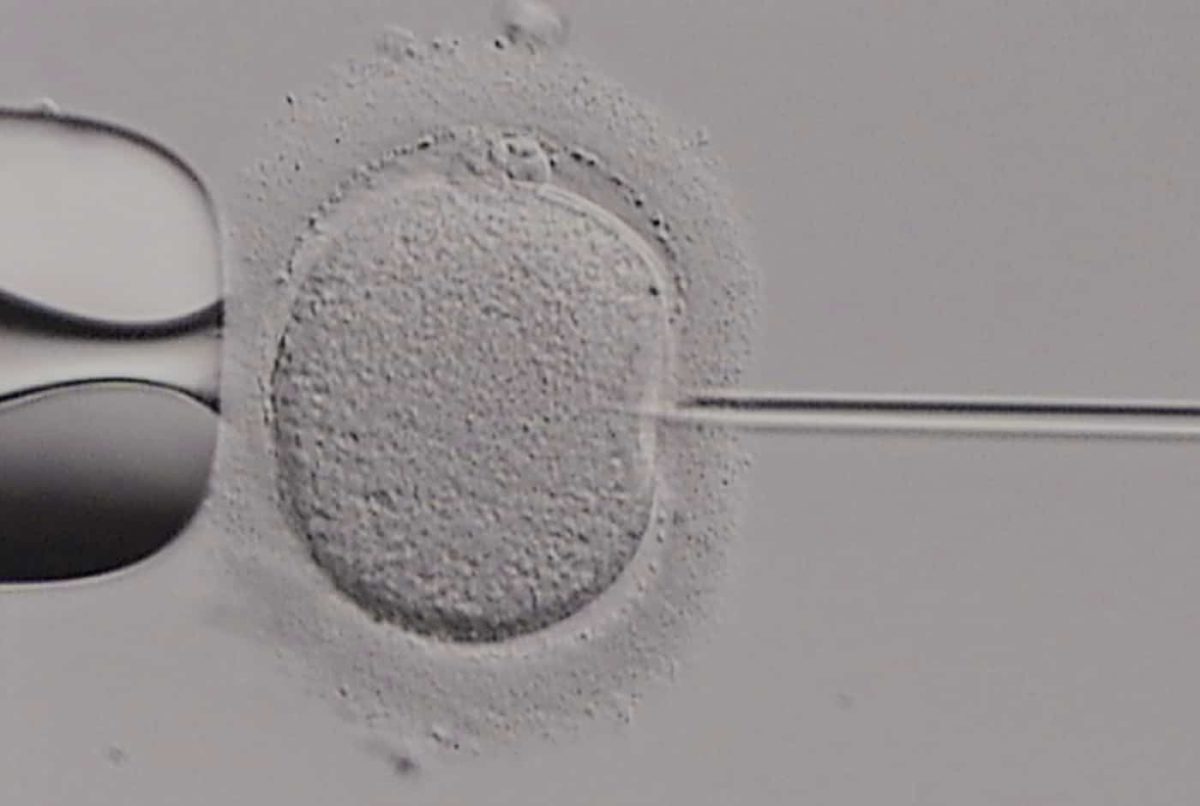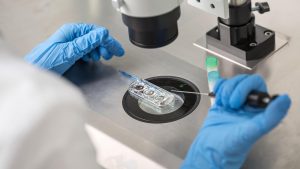We often have many patients come to our clinic who find it hard to differentiate between “IVF” and “ICSI”. So many acronyms, scientific terms, forms to sign, and all this information piled on top of an emotionally charged rollercoaster that lies ahead of them.
Firstly, it is important to understand that with fertility treatment, one size does not fit all. Some patients may require minimal intervention to help them fall pregnant, others may require extensive testing and more invasive procedures. Some patients may need one, and others may need the other. So what’s the difference?
The difference between IVF and ICSI
IVF stands for “In-Vitro Fertilisation”, which essentially means the joining of an egg and a sperm in a laboratory dish or outside the body. In-Vitro is a Latin term which means “in glass”, because the experiments were initially carried out in glass petri dishes or beakers.
ICSI stands for “Intracytoplasmic Sperm Injection”, which consists of an embryologist injecting the sperm into the actual egg.
Both procedures are safe and highly effective, however as there is no “one size fits all” in the world of fertility treatment, one method may be necessary for some and unnecessary for others.
The most famous IVF baby in the world, Louise Brown was conceived using the IVF technique, and since her birth in 1978, over 8 million babies have been born as a result of this technique.
The process usually involves simply adding a carefully prepared sperm sample to a dish containing the patient’s eggs and allowing them to fertilise “naturally” in the petri dish.The world’s first ICSI baby was born in 1992 and since then, millions of healthy babies have come into the world.
Although ICSI is a more invasive procedure than simple IVF, it is a technique that is necessary when we find patients have poor sperm samples, the sperm sample is frozen, if the sperm and the egg have trouble meeting, or on some occasions the egg fertilises abnormally. ICSI is also more effective when male patients have higher DNA fragmentation as it allows the embryologist to pick and choose the sperm to inject into the egg. Find more information about our IVF treatment options.







